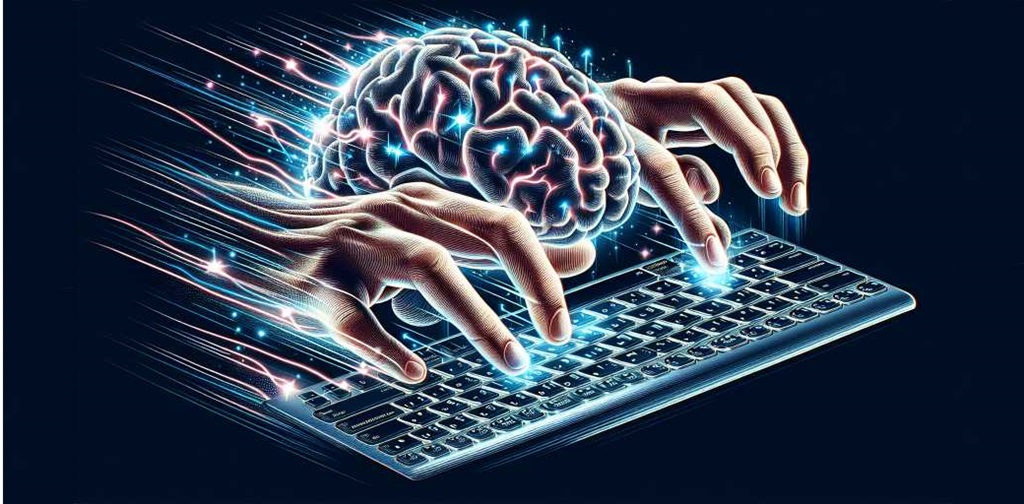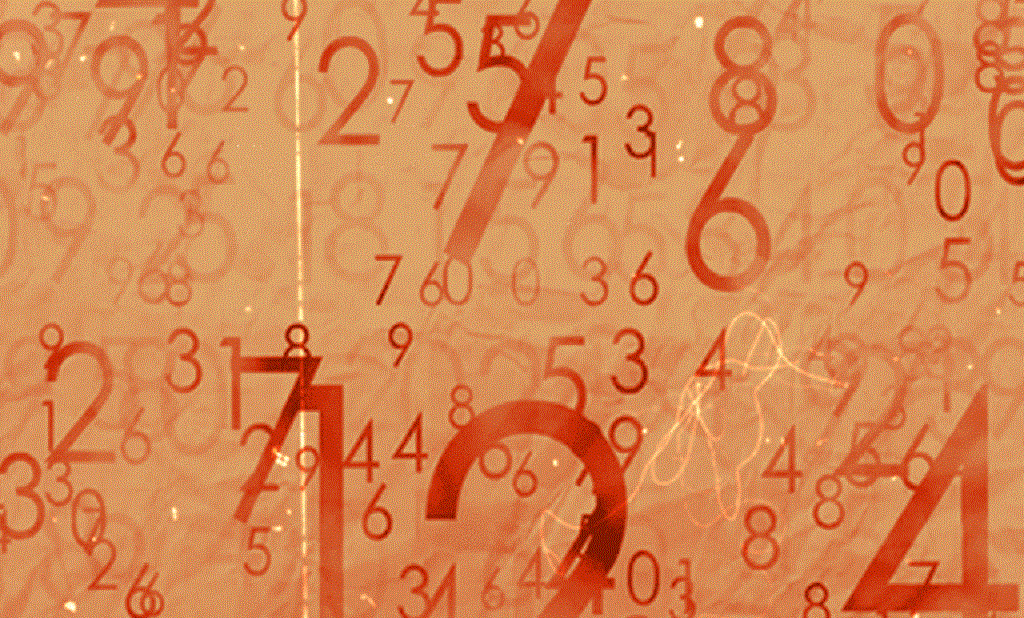Dr. Marty Lobdell gives us some clues about the mechanisms of memorization to study better and intelligently. Although we know that studying for an exam preparation requires some time to memorize the text, it is quite common to resort to binge last hour marathon study sessions and sleepless nights. Unless you have a photographic memory, experts like Dr. Marty Lobdell advocate avoiding at all costs these malpractices and follow certain guidelines on how to study better based on the biological basis of human memory.
This professor of psychology at Pierce College defends his thesis “Study Less, Study Smart” that the process of data retention in our memory does not depend on the number of hours of study but of memorization technique used and the recovery time between sessions, mainly. That is, as he explains in this conference a few years ago is not a matter of quantity but of strategy and therefore should meet certain guidelines to maximize our performance in an intelligent way.

The study environment
At this conference, Lobdell notes that an important aspect of the process of concentration and memorization is directly related to the study context. Sure, you have heard on more than one occasion that you always have to study in the same place and isolated from any kind of distraction. Well, according to experts, to predispose encourage the concentration process is essential to have a space dedicated solely to the study, to avoid at all costs very common practices like studying lying in bed or sitting front of the TV. It seems that the context strongly influences the concentration process and therefore recommends that this space is not associated with any other daily activity.
Shorter sessions
According to him, our ability to retain information intensifies during the first 20 minutes of study, but after 30 minutes when our data retention capacity gradually decreases as our performance. Therefore, it is fragmenting the usual study sessions two or three hours in shorter phases, about 25 to 30 minutes, spaced apart with intermediate breaks of about 10 minutes.
Recognition and memory
Dr. Lobdell also emphasizes the difference between recognition and memory to see if we are studying properly. The data recognition requires a stimulus to trigger a particular memory hold in our memory, and as you can imagine, is a weak and unreliable when faced with an exam with a preset time mechanism. Therefore, trust that any information or track an exam question that active memory is a common mistake to avoid.
You may also like to read another article on WeiWeiCS: 6 Strategies to create new ideas
On the contrary, it is advisable to work actively with the focus I remember making periodic self-assessments with the aim of reviving and securing it in our long -term memory. It is what is known as the SQ3R method, a technique of stimulation of memories that complements the mere reading of the text with a process of periodic self – assessment based on reading the text, encoding it to be remembered by understanding and repetition of concepts and finally, the recovery of information stored by the memory daily exercise of stimulating long -term memory.
Concepts and facts
Finally, you should not memorize whole texts. It is preferable to extract the main ideas to have a global understanding of the text to remember and then expand the concepts in your own words at the time of the evaluation. In this way, we will improve the productivity of our study sessions, optimize our memory capacity with relevant data and have a wider text control. A distinction is the fundamental concepts of a text category of the facts, since the latter require other equally efficient resources for memorization.
Professor Marty Lobdell says that with these basic tips on how to study better be investing less time in the process but in turn will optimize the most of your memory.



